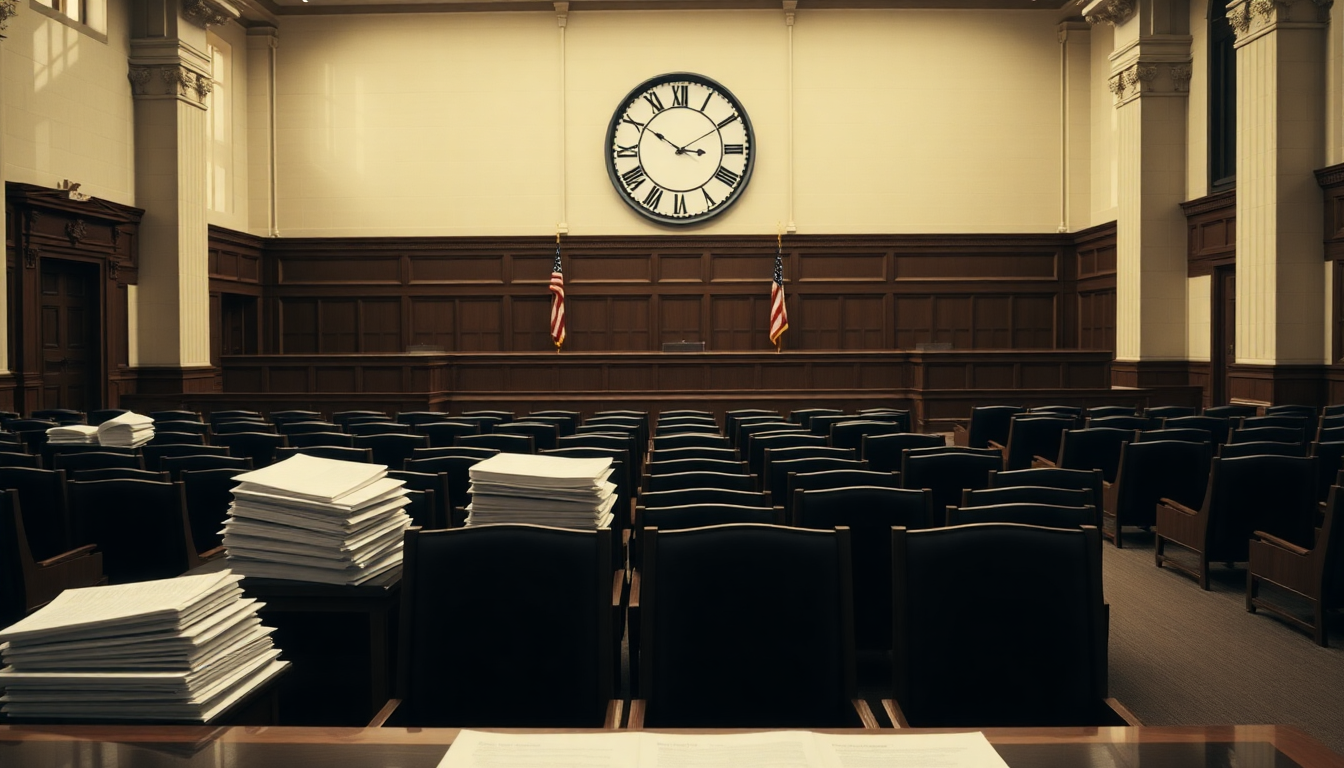Table of Contents
The ongoing federal trial of Sean “Diddy” Combs is grabbing headlines not just because he’s a celebrity, but also due to the fascinating legal strategies in play. With the defense opting against calling any witnesses, it raises a lot of questions. What could this mean for Diddy’s case? Legal experts like former federal prosecutor Mark Chutkow are weighing in, helping us unpack the reasoning behind Diddy’s legal team’s approach as they gear up for closing arguments.
The burden of proof and reasonable doubt
In any criminal trial, the prosecution holds the responsibility to prove guilt beyond a reasonable doubt. Diddy’s defense attorney, Marc Agnifilo, has made it clear that their strategy focuses on presenting the existing evidence to the jury without bringing in any witnesses. This decision seems pretty calculated; bringing in witnesses could risk introducing damaging information that might hurt Diddy’s defense. Legal expert Adanté Pointer suggests this choice hints that the defense might not be confident about finding witnesses who could help Diddy’s case.
The lack of witnesses may signal something else too: it suggests that Diddy’s legal team believes there aren’t any individuals available who could effectively stand up for him. Plus, calling witnesses opens the door to cross-examination, where prosecutors could dig deep and exploit any weaknesses in their testimonies. In this light, the defense likely weighed the potential risks and decided it was better to play it safe.
On top of that, Diddy’s decision not to testify himself adds another layer to this complex narrative. By staying silent, he avoids the intense scrutiny of cross-examination, where prosecutors would likely revisit past evidence that could harm his case. It’s a tough call, but could it be the right one?
Exploring the defense’s rationale
The defense’s approach isn’t exactly unheard of in high-profile cases. Sometimes, opting not to call witnesses is a tactical move designed to reinforce the idea of reasonable doubt throughout the trial. Trial attorney Tre Lovell pointed out that the defense is emphasizing that the prosecution has had more than enough time to make its case. This shift in focus helps reduce expectations for the defense to validate its position through additional testimony.
Moreover, avoiding witnesses—especially those who could discuss Diddy’s relationships or professional conduct—might be part of a larger strategy to assert that Diddy’s lifestyle doesn’t equate to criminal behavior. Perhaps the defense believes that introducing witnesses could unintentionally undermine their argument for reasonable doubt.
Chutkow emphasizes that courtroom dynamics demand a thoughtful approach from the defense, especially with the prosecution presenting a wealth of evidence against Diddy. So, choosing not to call witnesses might just be a protective tactic, ensuring they don’t jeopardize their stance.
Implications for the jury’s perception
As the trial nears closing arguments, the defense will stress that the prosecution hasn’t met its burden of proof. By refraining from presenting more witnesses or testimony, they’re essentially claiming that what’s already been shown is enough to instill reasonable doubt in the jurors’ minds. They’ll argue for the presumption of innocence, suggesting that the lack of compelling evidence should weigh heavily in the jury’s deliberations.
On the flip side, the prosecution faces the challenge of telling their story without the added weight of witness testimonies that could bolster their claims. They’ll likely focus on clearing up any misconceptions surrounding Diddy’s relationships, framing them within legal concepts of coercion and consent—key elements in the allegations against him.
Ultimately, Diddy’s decision to limit witness involvement may stem from the belief that the available evidence doesn’t adequately support the prosecution’s claims. As both sides prepare to present their closing arguments, the outcome hangs delicately in the balance. As jurors consider the evidence and the defense’s choices, the implications for Diddy’s future are significant. Will the strategy work in his favor, or could it backfire? Only time will tell.


